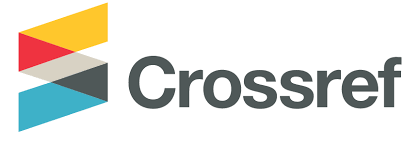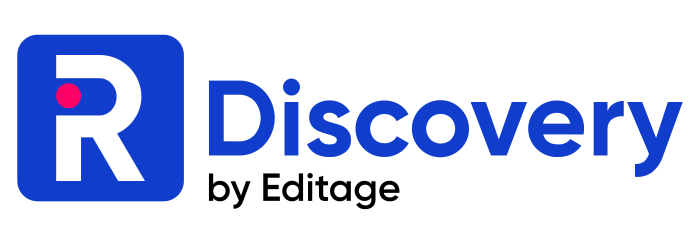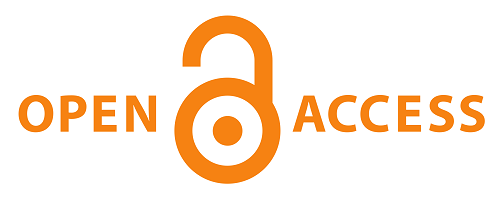Open Access Policy
Open Access Statement
The Journal of Taiji Science (JTS) is a fully open access, peer-reviewed academic journal. All content is freely available to readers without subscription or payment. Articles are accessible immediately upon publication and remain permanently archived. JTS is committed to promoting global knowledge sharing by removing financial, legal, and technical barriers to access.
Licensing and Copyright
All articles are published under the Creative Commons Attribution 4.0 International License (CC BY 4.0) , which permits unrestricted use, distribution, reproduction, and adaptation in any medium, provided the original author and source are properly cited.
Authors retain copyright and grant the journal the right of first publication.
Article Processing Charges (APCs)
JTS does not charge article processing fees, submission fees, or publication fees. The journal operates on a non-profit basis under the World Taiji Science Federation to ensure equitable access and participation for all scholars.
Archiving and Digital Preservation
The journal ensures long-term availability of published content through participation in digital preservation services such as LOCKSS (Lots of Copies Keep Stuff Safe), CLOCKSS, and institutional repositories. Authors are permitted to self-archive the Version of Record on institutional or subject-based repositories, personal websites, and scholarly platforms without embargo.
Indexing and Discoverability
All published articles are assigned Digital Object Identifiers (DOIs) to ensure permanent linkage. JTS actively seeks inclusion in international indexing databases to enhance global visibility, citation tracking, and academic reach.
Compliance with Funding Mandates
JTS complies with open access mandates from major funders and institutions, including those aligned with Plan S, the Budapest Open Access Initiative (BOAI), and the Berlin Declaration on Open Access to Knowledge in the Sciences and Humanities.
Ethical Standards
JTS adheres to the ethical guidelines of the Committee on Publication Ethics (COPE). All submissions undergo rigorous peer review and editorial assessment to ensure academic integrity, originality, and ethical compliance.












